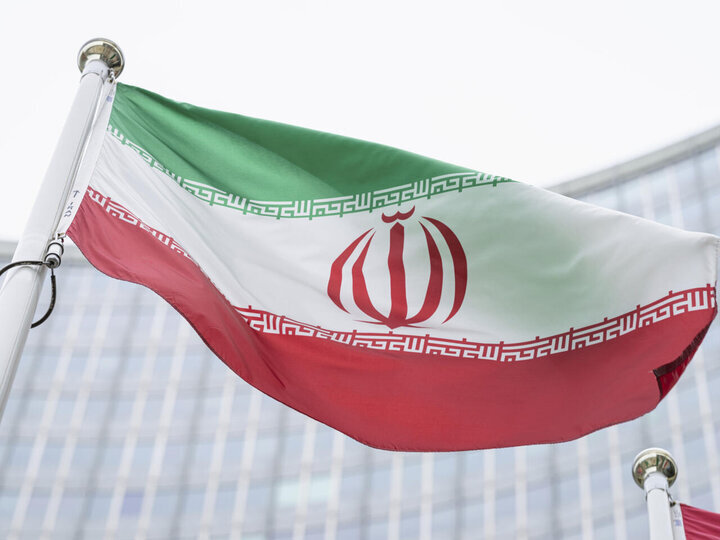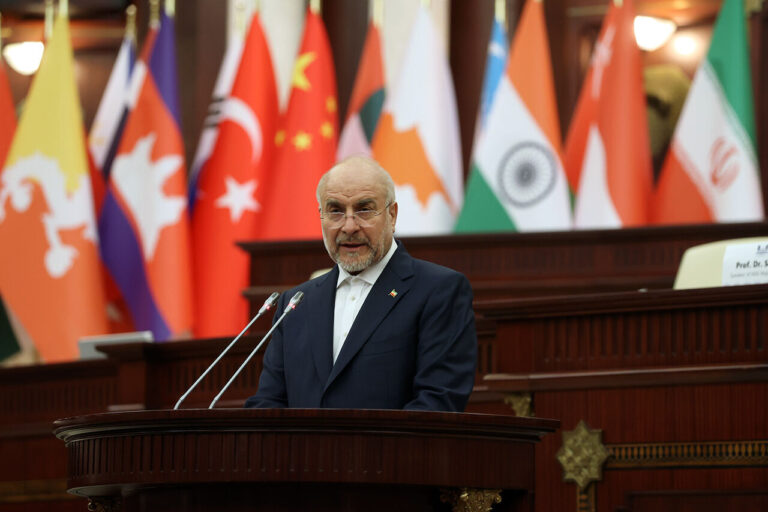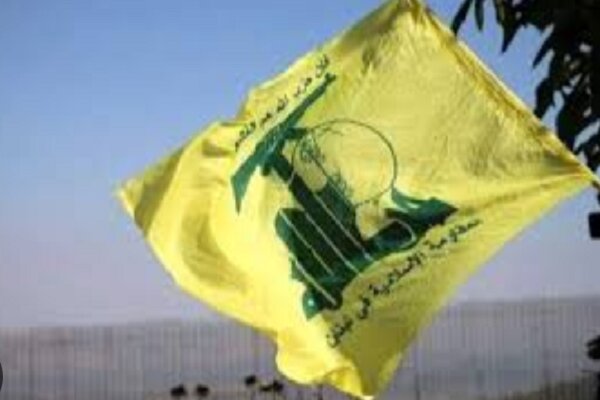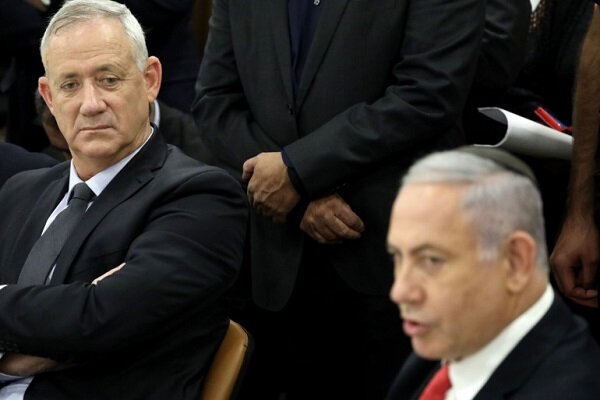Iran Sends Strong Warning to US Amid Trump’s Threats: Rising Tensions Unfold
In light of the escalating tensions in the Middle East, particularly due to ongoing Israeli provocations and recent threats from the US president, significant diplomatic actions have taken place. The acting head of the Swiss embassy in Tehran, who represents US interests in Iran, was summoned to the Iranian Foreign Ministry to address these critical issues.
On Monday morning, Isa Kameli, the Director General of the Americas Department at the Iranian Foreign Ministry, convened a meeting with the Swiss representative. During this crucial discussion, Kameli expressed Iran’s strong condemnation of the recent provocative statements, which he claimed are in violation of international law and the United Nations Charter.
Kameli’s remarks were clear and firm. He delivered a diplomatic warning on behalf of Iran, highlighting the nation’s commitment to responding swiftly and decisively to any threats posed against its sovereignty. This meeting underscores the rising tensions in the region and the importance of diplomatic channels in addressing conflicts.
The Swiss representative assured Iranian officials that the message regarding Iran’s stance would be conveyed promptly to the US government, emphasizing the significance of maintaining open lines of communication in these turbulent times.
Key Points from the Diplomatic Meeting
- Summoning of Swiss Diplomat: The acting head of the Swiss embassy was called to the Iranian Foreign Ministry to discuss US threats.
- Condemnation of Provocations: Isa Kameli condemned statements from the US and Israel that violate international norms.
- Iran’s Stance: Kameli emphasized a firm and immediate response to any threats against Iran.
- Communication Assurance: The Swiss representative committed to relaying Iran’s concerns to the US government.
This diplomatic engagement reflects Iran’s proactive approach to international relations, especially in the context of perceived threats from foreign governments. The Iranian Foreign Ministry’s actions are indicative of a broader strategy to assert sovereignty and respond to external pressures with both diplomacy and readiness to act.
The situation in the Middle East remains precarious, with various nations navigating complex relationships. Iran, in particular, has been vocal about its stance against what it perceives as aggressive actions from both Israel and the United States. The Iranian government is keen on ensuring that its message of deterrence is heard loud and clear on the global stage.
Implications for Regional Stability
The ongoing tensions have several implications for regional stability:
- Increased Diplomatic Engagement: Summoning diplomats signals a willingness to engage diplomatically, which could either defuse tensions or escalate them further if not handled carefully.
- Potential for Miscommunication: The intricacies of international relations mean that statements can often be misinterpreted, leading to escalated tensions rather than resolutions.
- International Law Considerations: Iran’s emphasis on international law highlights the importance of adhering to established norms in diplomacy, which can affect how other nations respond.
- Regional Alliances: Such events may prompt countries in the region to reassess their alliances and strategies based on perceived threats and international reactions.
As the situation evolves, it remains crucial for all parties involved to prioritize dialogue and diplomatic solutions. The Iranian government’s strong stance is a reminder of the complexities that define Middle Eastern geopolitics and the necessity for careful navigation of these waters. Continued diplomatic outreach and communication between nations can aid in mitigating conflicts and fostering a more stable environment.
In conclusion, the recent meeting between Iranian officials and the Swiss diplomat highlights the ongoing challenges faced in the realm of international relations, particularly in the context of Middle Eastern politics. With threats and provocations at the forefront, it is essential for nations to engage in constructive dialogue while upholding international law and mutual respect.






